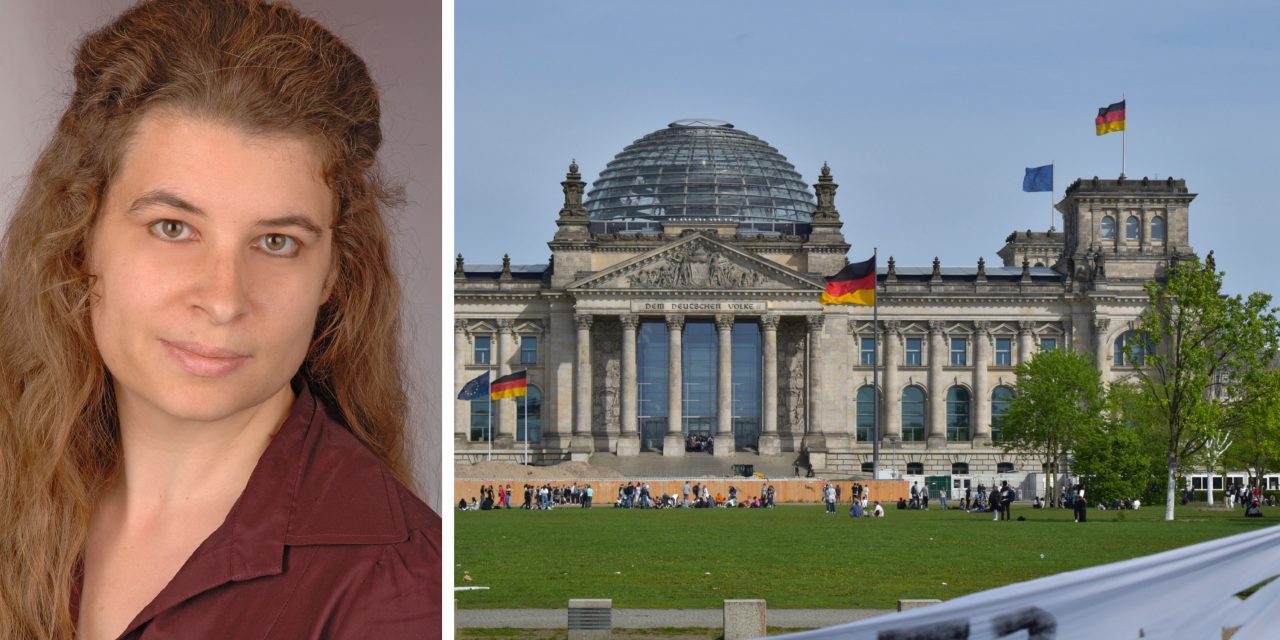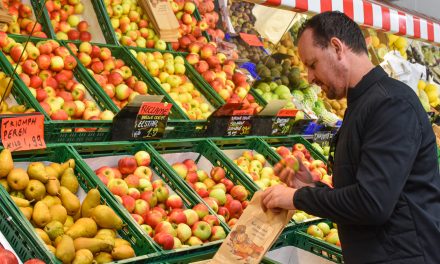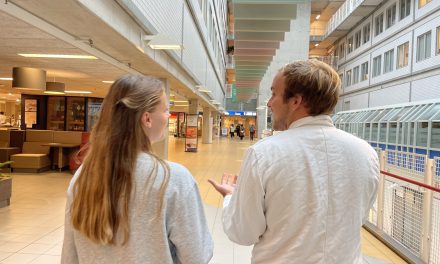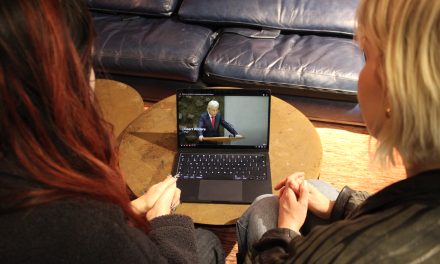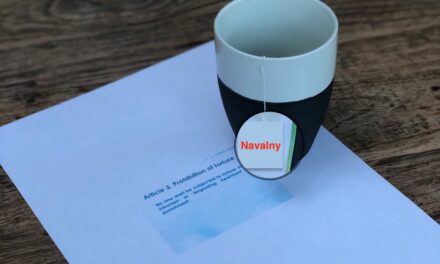Several Israel-critical artists have been cancelled in Germany since the 7th of October, due to a strong pro-Israel consensus, related to historic Holocaust guilt. Now, in reaction to the restriction of free speech, the art scene in Berlin is changing.
When Hamas attacked Israel on the 7th of October, Germany was quick to publicly declare their unwavering support for Israel. Ever since, the public discourse has been overwhelmingly pro-Israel in the country, leading to criticism and silencing of pro-Palestinian narratives.
“People are very cautious about what they say in public on the topic, because it has happened too often that people were socially ostracised when they were seen as too critical of Israel”, says Sandra Kostner, historian and sociologist with a specialisation in immigration.
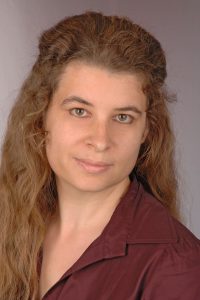
Sandra Kostner is a historian and sociologist at the University of Education Schwäbisch Gmünd. Photo: Private.
Cancellations of pro-Palestinian voices have been particularly evident in the art and entertainment industry. In October, the German literature association LitProm postponed a literature award ceremony for the Palestinian author Adania Shibli. They stated that the war in Israel was the reason. Later on, the Berlin senate cut the funding for the Berlin cultural centre ‘Oyoun’, after they held an event with the Jewish anti-Zionist organisation ‘Jewish voice for just peace in the Middle East’ (Jüdische stimme). In December, the Berlin senate even adopted an ‘anti-discrimination clause’ that would force state-funded artists to reject antisemitism as per a pro-Israel definition. After receiving a lot of backlash nonetheless, they later scrapped it.
Yet, these are just a few cases out of many. According to the crowdfunded archive ‘Archive of silence’, more than 130 people have been subjected to silencing by authorities and cultural and academic institutions in Germany.
“To me it appears as if there are two war scenes. There is a physical one, which brings indescribable tragedy to the affected victims in Palestine and Israel, and then there is an intellectual war scene”, says ‘Sarah’, a German-Palestinian artist based in Berlin, who prefers not to use her real name in the article due to fear of economic and social repercussions in her field of work. In the last couple of months, she has witnessed many cultural venues take on a one sided pro-Israel stance.
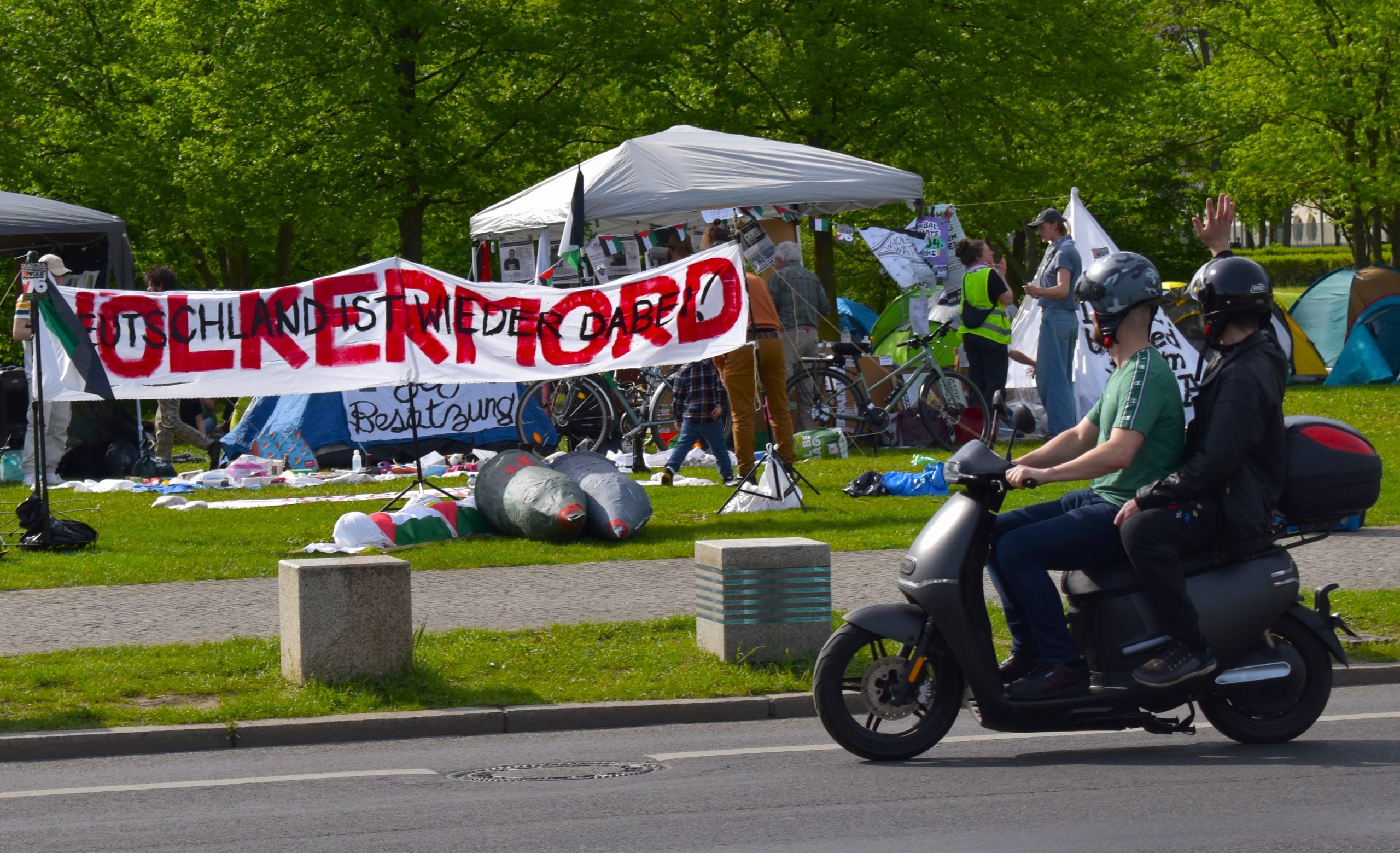
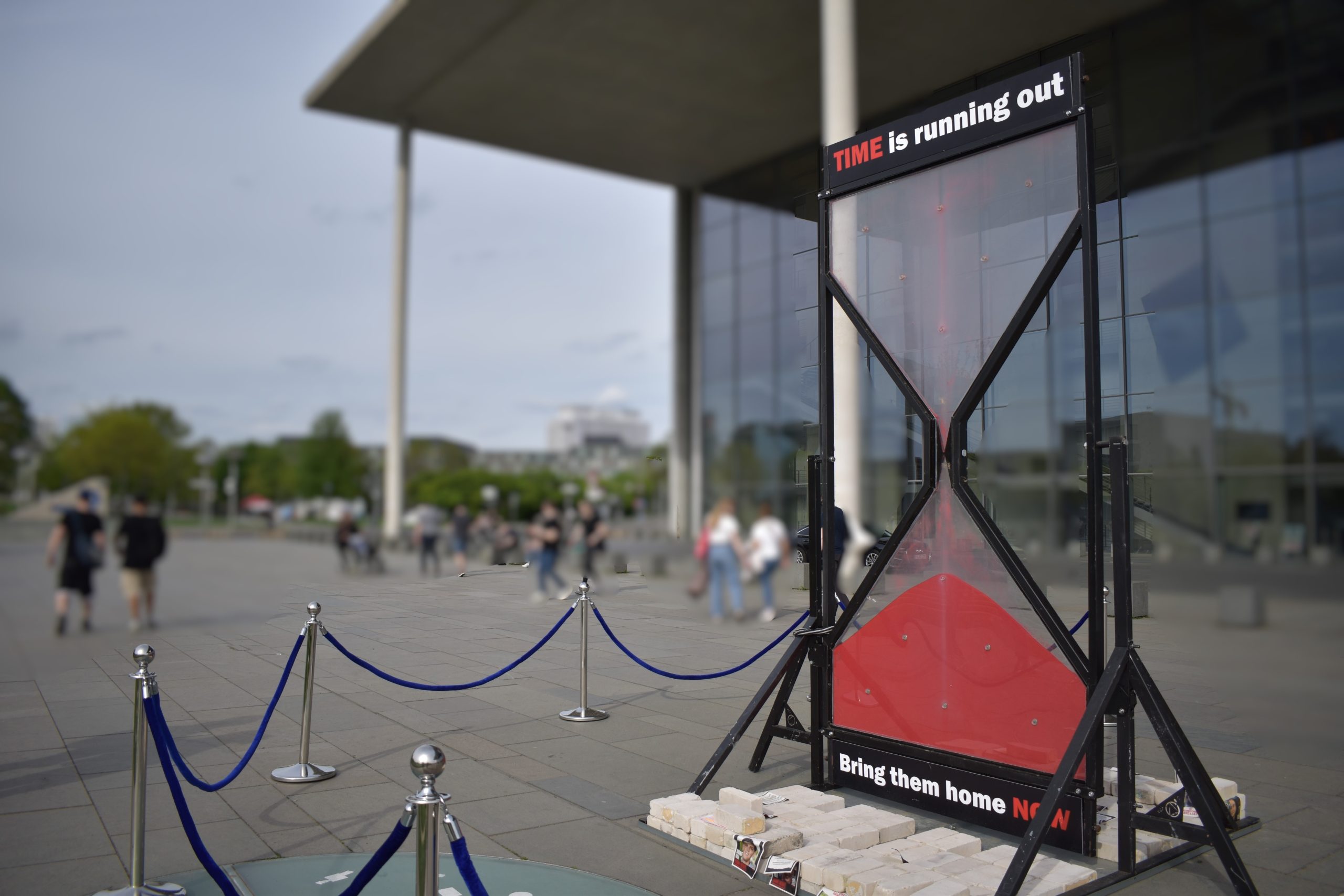
The root of Germany’s resolute support of Israel stems from a collective sense of special responsibility after the Holocaust, when the Nazi regime systematically killed six million Jews, explains Richard Traunmüller, professor of political science at the University of Mannheim. He points out that due to the country’s history, the German model of democracy additionally allows free speech to be restricted to a certain extent. The concept is called ‘wehrhafte Demokratie’, with the idea being that democratic values sometimes need to be defended by restricting certain rights and freedoms. “After the experience of the Nazi time, the model is that Germany actively wants to combat extremism”, Richard Traunmüller says.
Enlarge
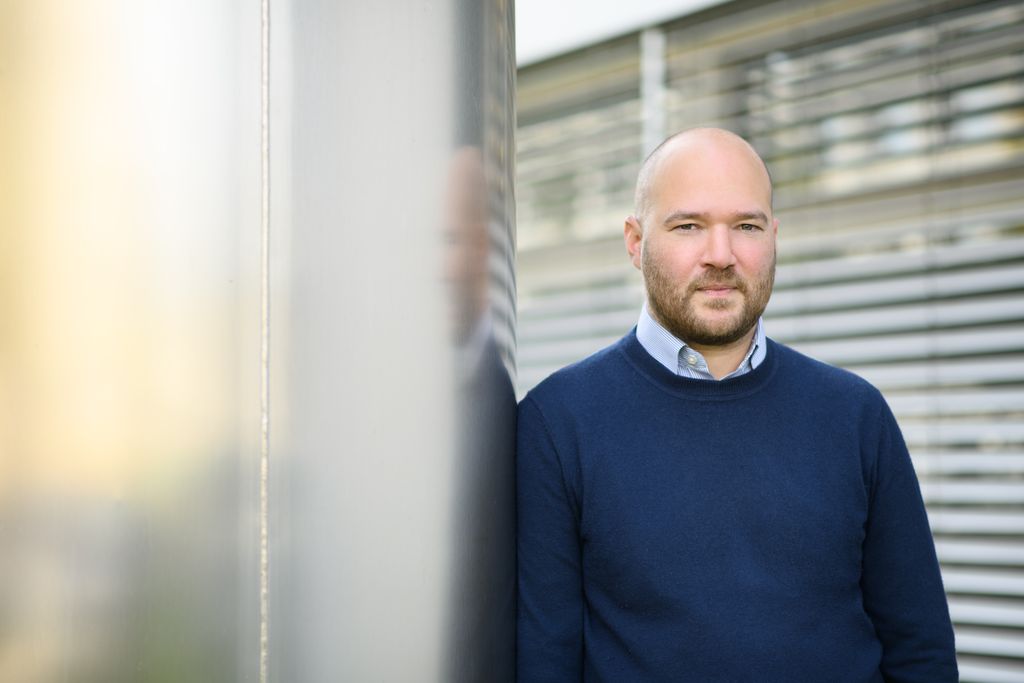
But ironically enough, several of those who have been silenced since the Hamas attack are actually Jewish. “A highly disproportionate number of Jewish people have been labelled as antisemitic, because they are critical of what the Israeli government is doing with regards to the Palestinian cause”, Kostner says.
However, neither Jewish people nor supporters of Palestine seem to gain anything from the stifled German public debate. “Antisemitism and anti-Palestinian racism should never be put in competition”, Sarah stresses, pointing out that solidarity and empathy are universal values that should apply to all people. “You can’t make one group feel safe at the cost of another group. This will never work”.
Kostner also fears that this strategy will end up being counterproductive. “You do not quail antisemitism in that way. It might actually over time give rise to a new form of antisemitism”, she analyses.
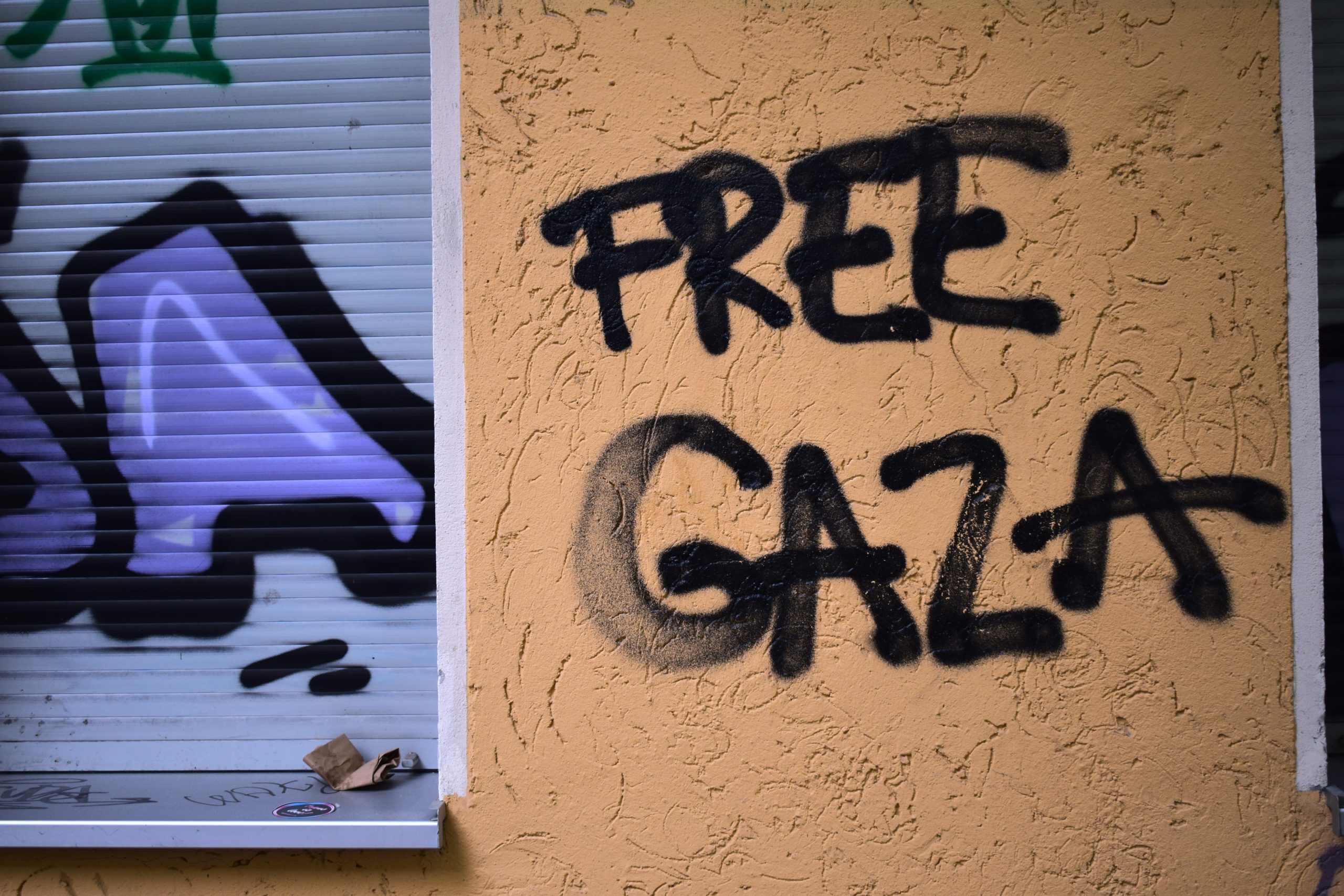

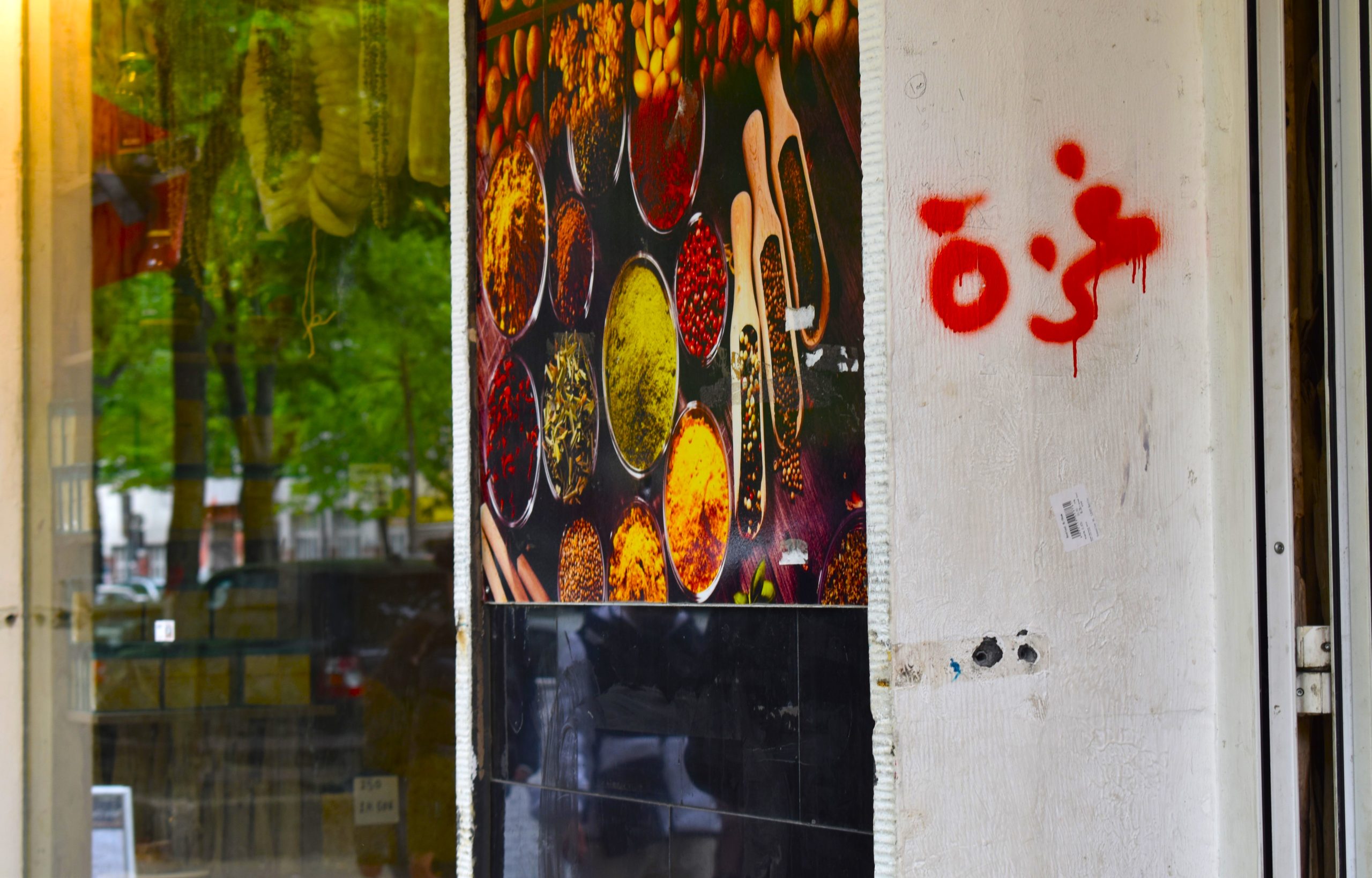
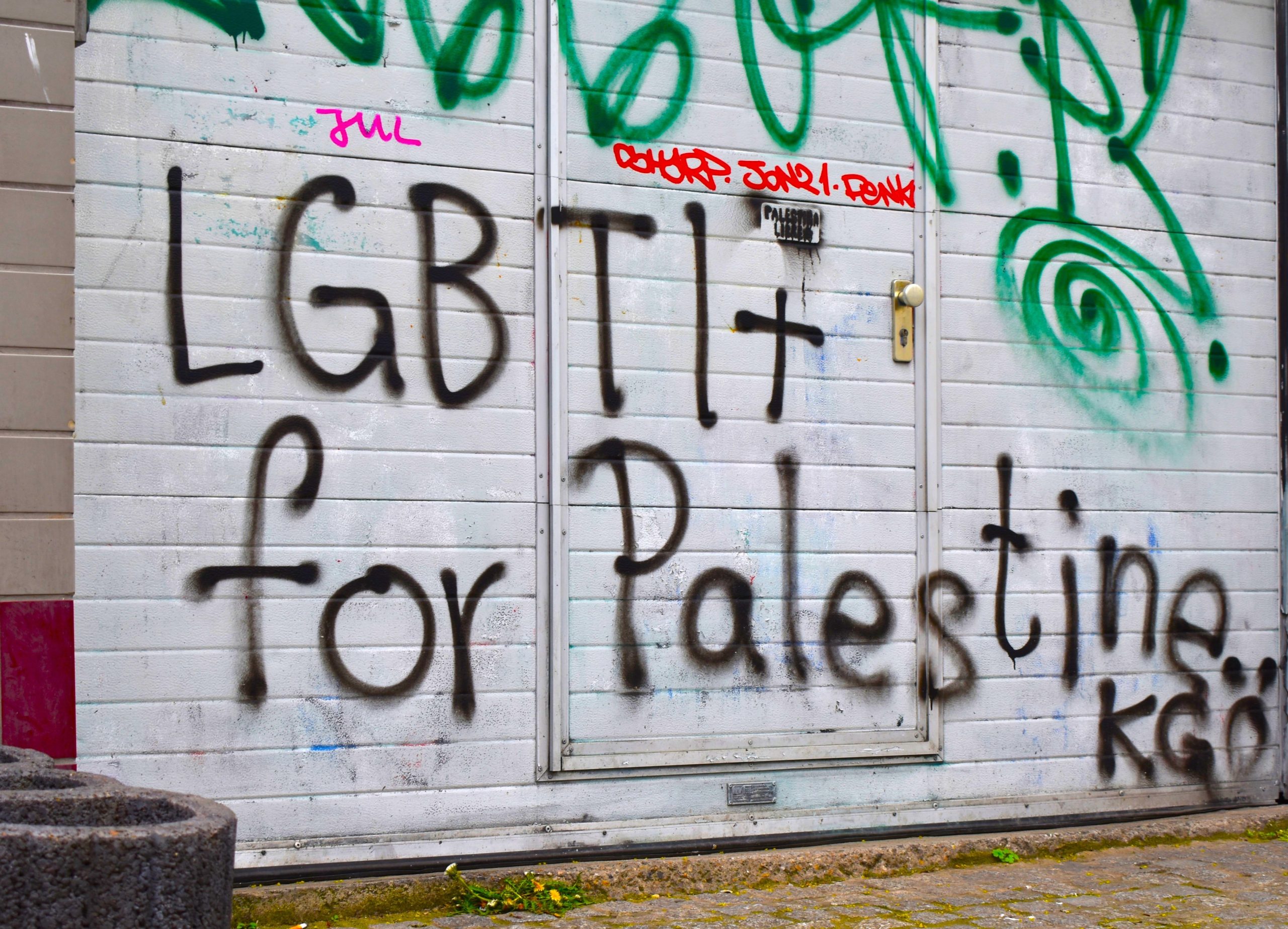
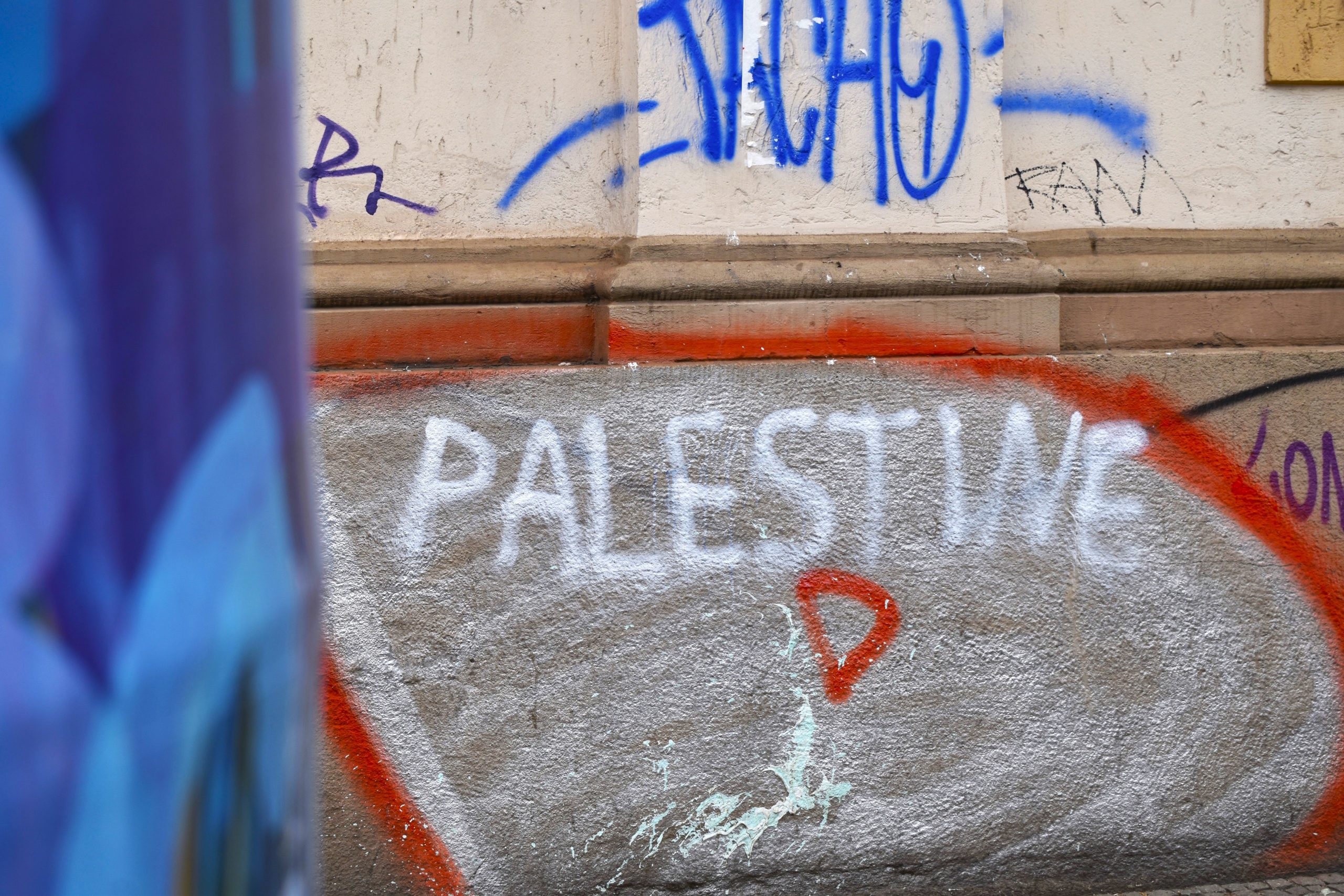

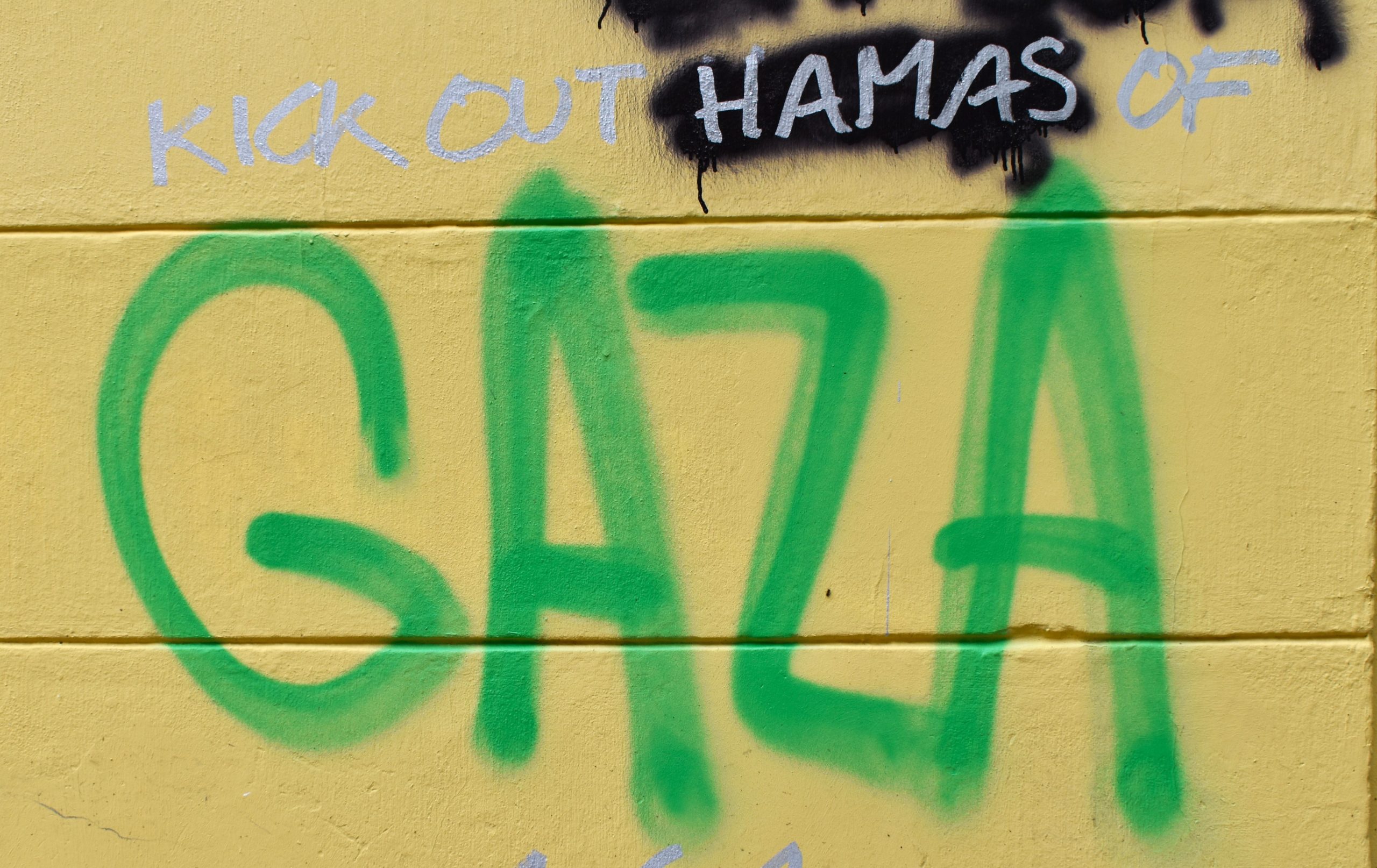
But in the wake of Germany’s suppression of Israel-critical voices, a countermovement has been emerging in the art world. This has been particularly evident in Berlin. “I think you see a lot of alternative cultural events happening at the moment in small cafés, bars or outdoors”, Sarah points out. “It’s like there is an alternative field emerging, because many of the events in the normal cultural places that we used to go to are not happening anymore”. Moving forward, she thinks that the institutions and organisers of cultural events need to sensitise and educate themselves. “If people are still not ready to position themselves – then at least give space to different narratives”, she says.
